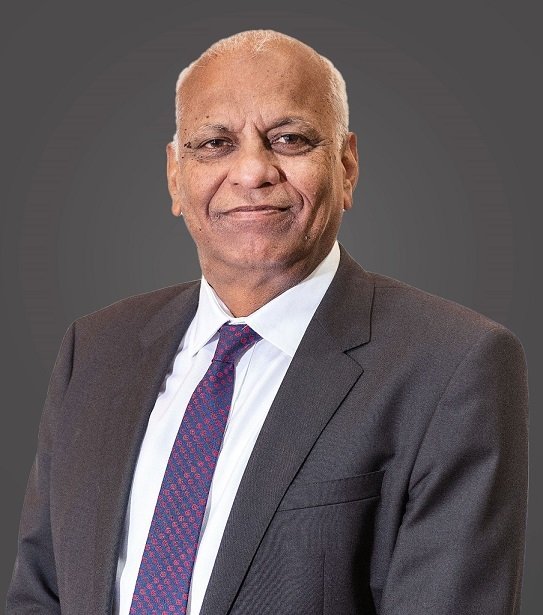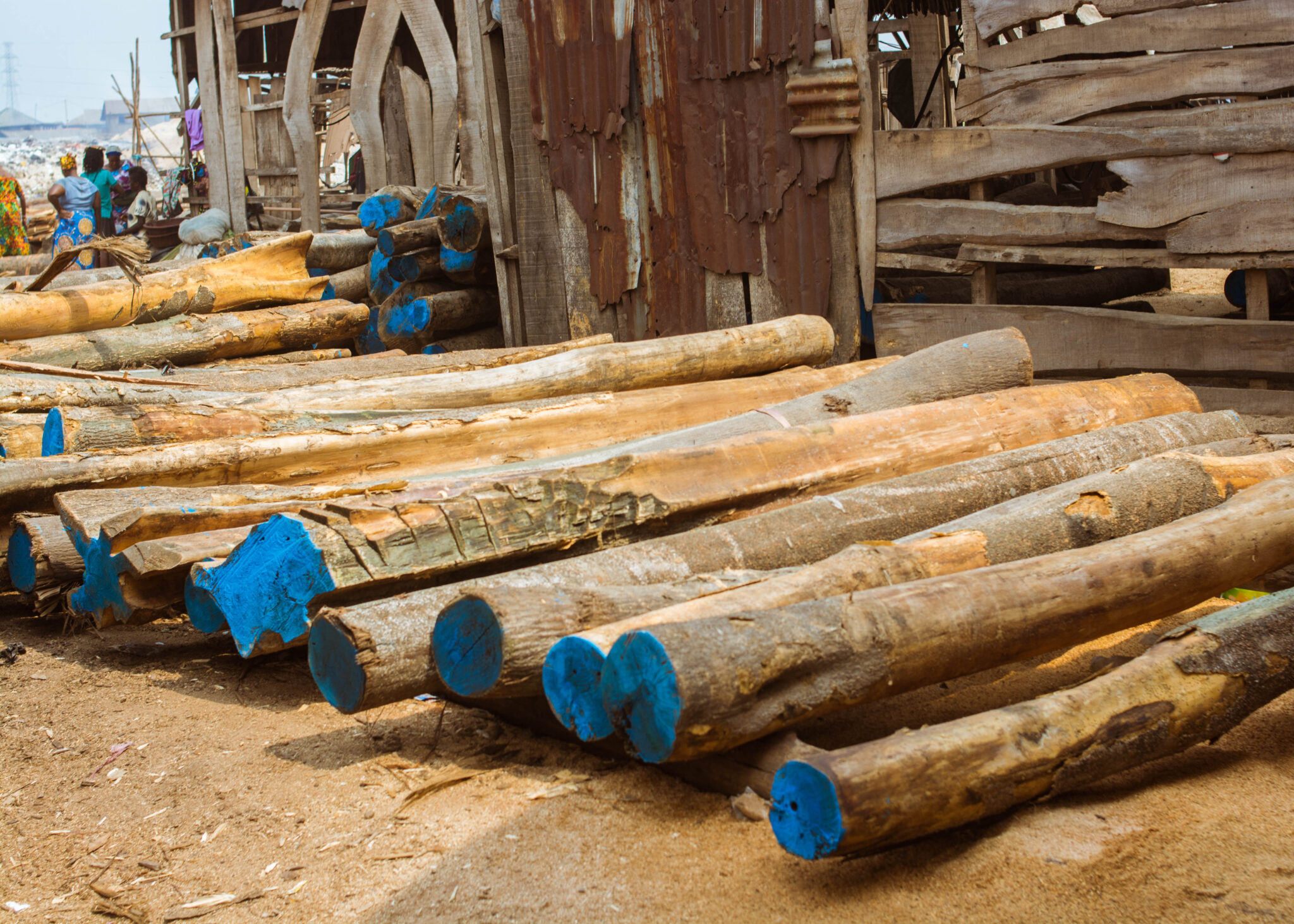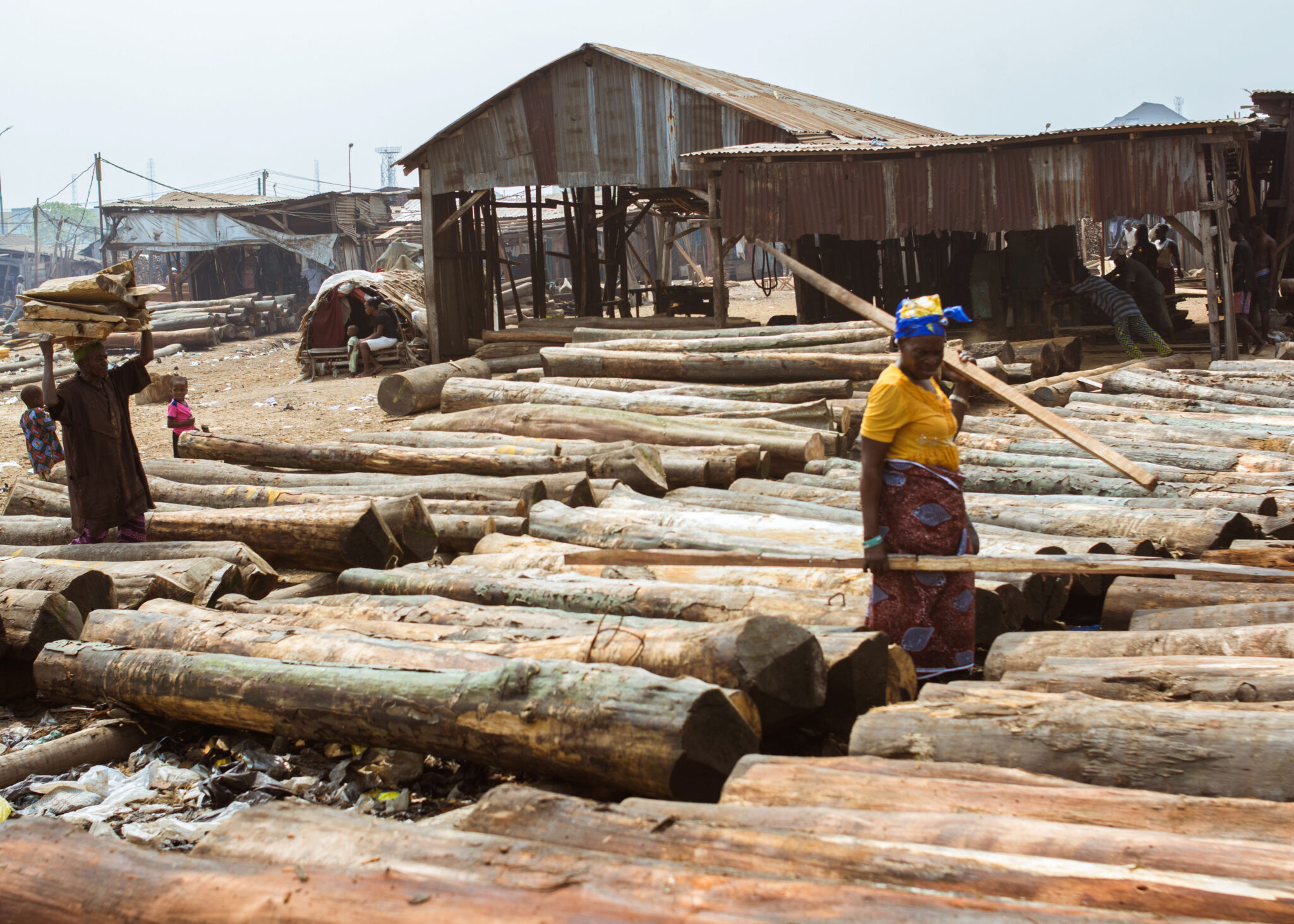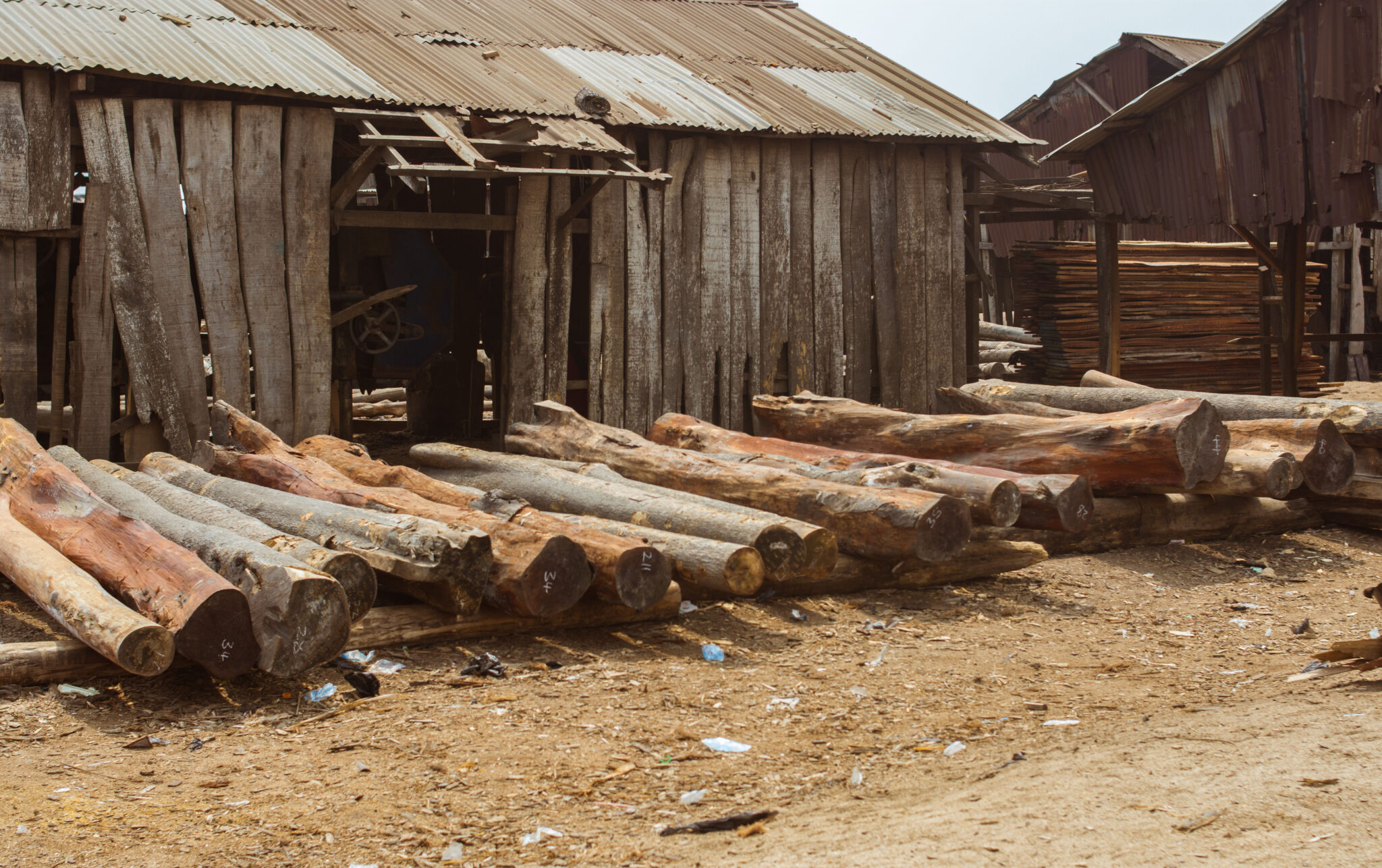In this edition of our Working Lives series, we delve into the lives of the hardworking porters, or alabaru as they are called in Yoruba, who keep Lagos markets running smoothly. At Mile 12 Market, a bustling hub of activity on the Lagos mainland, porters carry heavy loads for market shoppers and traders. These loads range from bags of rice to tubers of yams and baskets of tomatoes, often for as little as ₦100 per trip. For many, Mile 12 Market isn’t just their workplace—it’s their home.
We spoke to one such porter about his life, challenges, and dreams.
“I Used to Be a Shoemaker”: A Market Porter’s Story
“I started working as a shoemaker when I arrived in Lagos in 2011. I had a spot at the gate of an office complex where I polished and repaired shoes. Things were going smoothly until a new management took over, and I was told to leave. They bought the entire building and even sacked the gateman.”
Where are you from?
“I am from Sokoto State, but I grew up in Kaduna with my dad.”
What school did you attend, and when did you leave?
“I didn’t really attend school. Back in Kaduna, there was a youth corper who organized home lessons for kids in the neighborhood. My dad enrolled me in 2005. We paid ₦50 daily. I also learned shoemaking, and I’m quite good at it. After training, I set up a small shop in Kaduna, but the business didn’t do well because I didn’t have the money to buy the necessary equipment.”
Tell us about your family.
“My dad was a low-level civil servant at the Government House in Kaduna, so his salary was small. My older brother and two younger sisters lived with our mother in Sokoto. She was a laundrywoman who went to rich people’s houses every Saturday to wash clothes, earning ₦1,000 per house. She did her best to support us.”
When did you come to Lagos?
“I moved to Lagos in 2011. Before that, my dad and I used to bring goats to Berger during Sallah. After he retired, we moved back to Sokoto, but things were tough. My dad still reared goats, but it wasn’t enough to sustain us. My mom continued her laundry work, but I had to leave Sokoto to hustle in Lagos.”
Where do you live, and how much is the rent?
“I don’t have a place of my own. I sleep in Mile 12 Market. I just wash my face in the morning and start work. Before becoming a porter, I used to stay with a gateman at an office complex in Victoria Island. But after I was asked to leave, I decided not to spend my savings on rent. I’m saving towards renting a room and parlor soon.”
What were you doing before working as a porter?
“I was shining and repairing shoes in Victoria Island. The gateman there, a fellow Northerner, introduced me to some of the office staff. I earned extra money doing odd jobs like washing their cars or withdrawing cash for them from ATMs. But when the management changed, I had to leave.”
How did you start working as a porter in Mile 12 Market?
“When I left Victoria Island, I connected with other Northerners. One of them was already working as a porter in Mile 12 Market. He encouraged me to join them. That’s how I ended up here.”
For how long have you been working as a porter?
“I’ve been doing this job since late 2016, so it’s been about seven years now.”
What’s your best day like?
“When those rich madams from Lekki come to Mile 12 Market, I’m always happy because they buy in bulk. They pay well, sometimes ₦700 or ₦1,000, and some even give tips. Growing up, we only bought what we needed to cook immediately—there was no bulk buying. But now, I have regular customers who look for me whenever they visit the market.”
Have you had any shocking encounters with customers?
“Yes. One day, a woman asked me to carry tubers of yam to her car. It had rained, and as I carried them on my head, I slipped, and the yams broke. She made a big scene and demanded I pay for them. People begged on my behalf because I didn’t have the money. Since then, I’ve been careful and always use a wheelbarrow for heavy loads.”
How many hours do you work in a day?
“I start as early as 6:30 a.m. and close around 7:00 p.m., so I work about 12 hours a day.”
Do you work on weekends too?
“I work on Saturdays but rest on Sundays.”
How much are you paid to carry groceries?
“It depends on the weight and distance. I charge ₦100, ₦200, or ₦500. When my Lekki madams shop in bulk, I can earn ₦700 or ₦1,000 from one customer.”
How much do you make in a day or week?
“I don’t track daily earnings. On average, I make about ₦5,000 in a week, but on good weeks, it can go up to ₦7,000 or ₦8,000.”
How much do you spend daily?
“I spend about ₦400 or ₦500 on food daily. I don’t have other expenses since I sleep in the market.”
What else do you spend money on?
“I buy recharge cards to call my family back home and occasionally send money to them.”
Have you ever opened a bank account?
“Yes, I opened a GTBank account in 2012, a year after coming to Lagos.”
Do you save money? How much do you save monthly?
“Yes, I save ₦10,000 monthly. The rest goes to my family.”
Are you married?
“Yes, I got married in 2017. My wife and two children live in Sokoto. They’re fine, but I’m the breadwinner, so I’m here hustling.”
What other job or business would you like to do?
“I want to save ₦800,000 or ₦1 million to restart my shoemaking business in Sokoto. With that, I’ll rent a shop, buy equipment, and get a flat for my family. I don’t want to return to Sokoto and then struggle again, so I’m staying here until I meet my target.”
Mile 12 Market: A Place of Hustle and Hope
Mile 12 Market is more than just a marketplace—it’s a lifeline for porters like this shoemaker-turned-porter. Despite the hardships, he dreams of a better future for his family, driven by resilience and determination.























